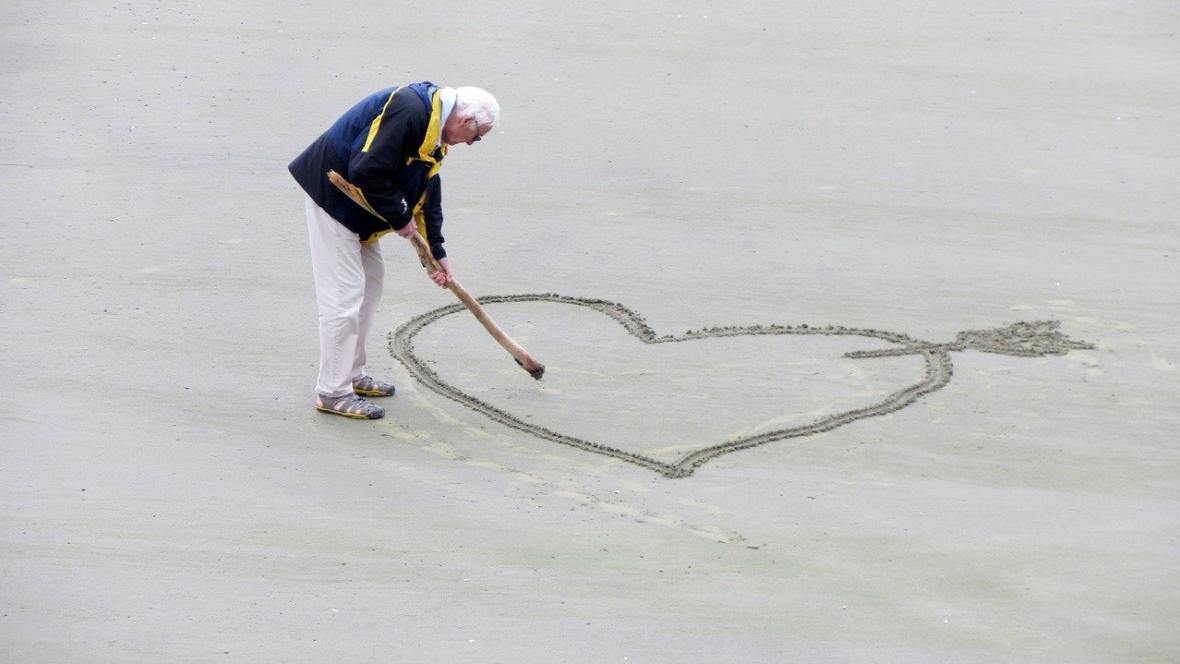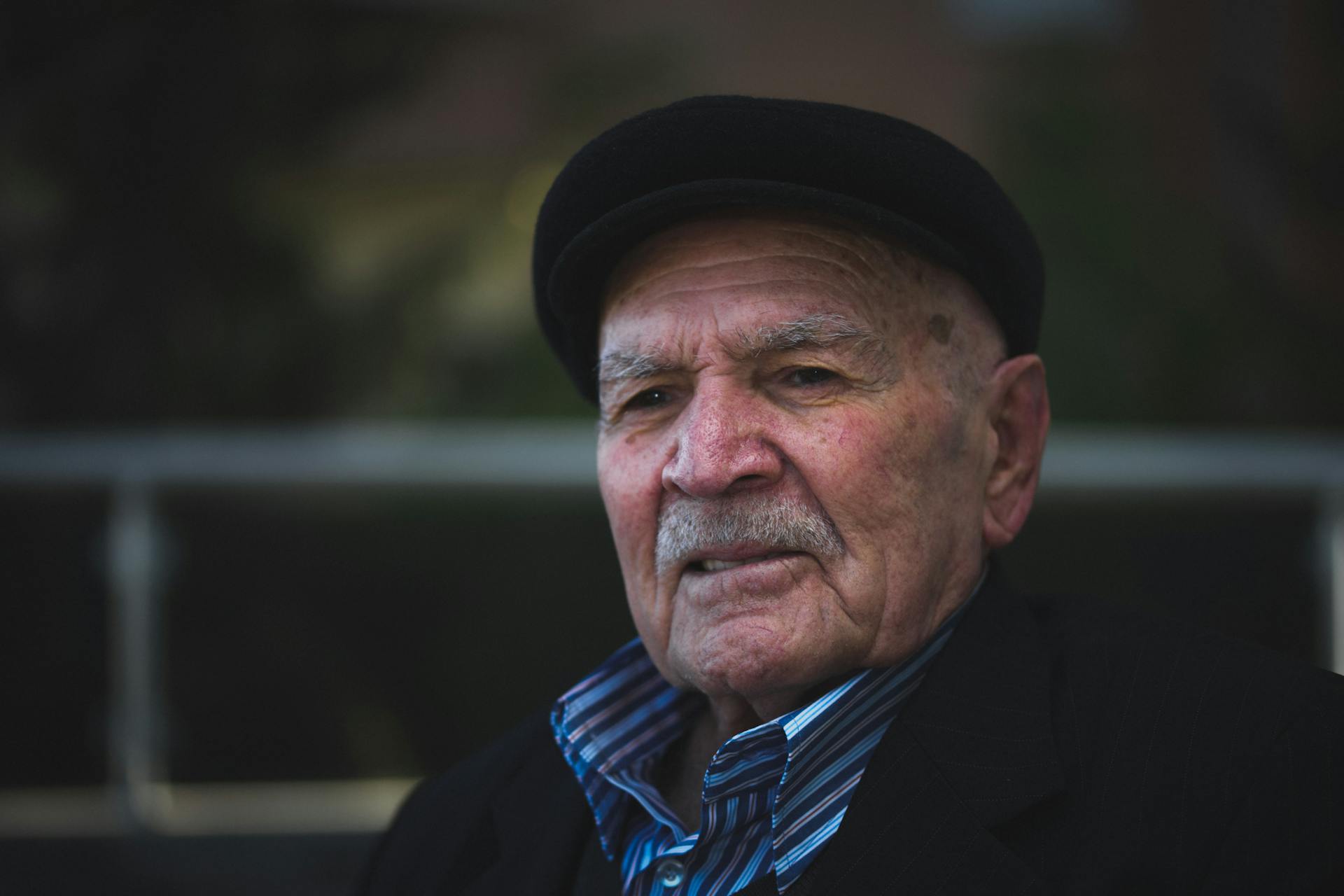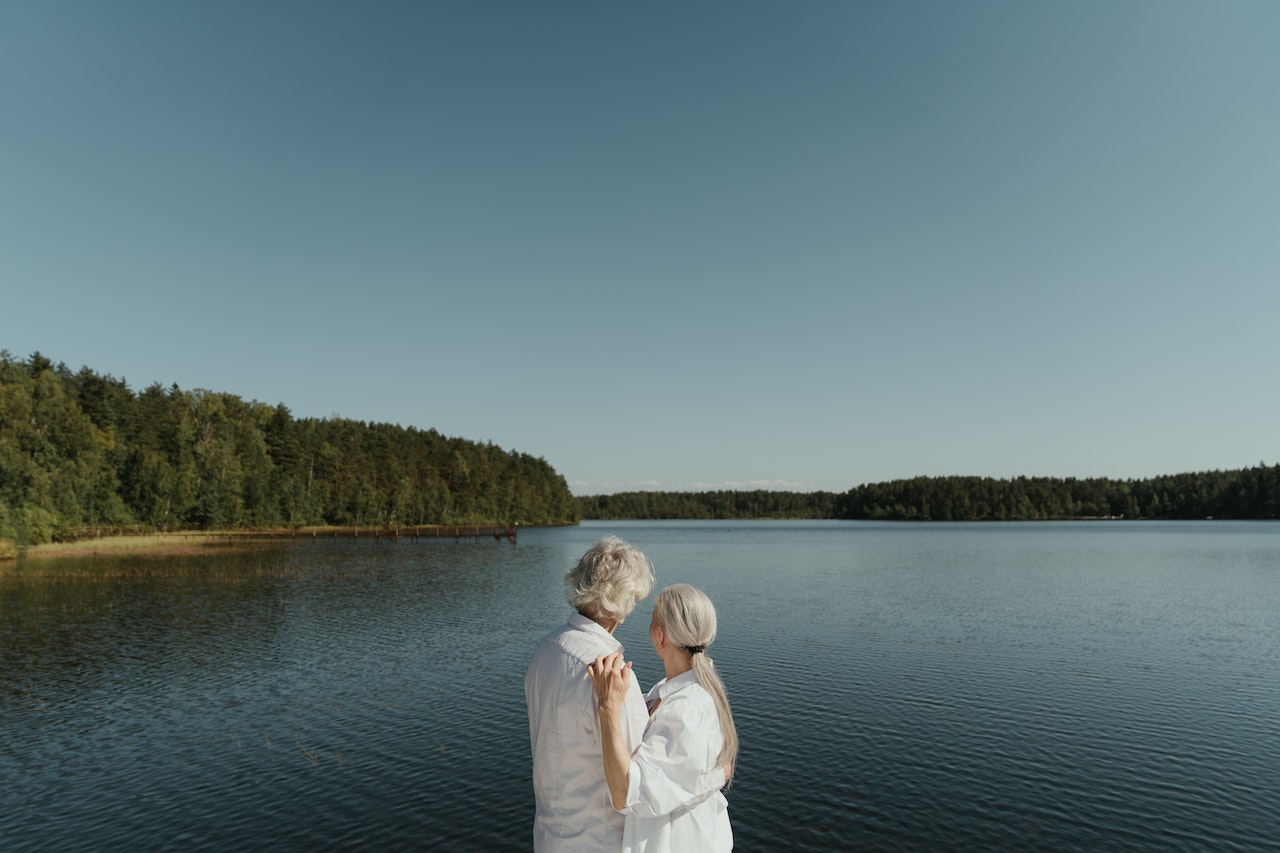On the rejection of old age as a word and a concept

"Age is relative: if you're 40 and alive, you're an old man, if you die, you're very young. Collaboration No 797. People are saying.
In my posts and in general in all the work I do related to old age and aging, I always take 65 years as a starting point. I also refer to this stage as old age and sometimes I am even more daring and seem to mix process (aging) with state (old age). I assume the state (old age) as a changing process in which days add, add and count. And that is why I manage to turn the state into a process.
In a recent article, a reader pointed out the error of these decisions and went so far as to describe them as discriminatory (ageist, we would say here). My decision to establish old age at 65 did not seem appropriate to him, just as he did not seem appropriate when he referred to the stage as "old age" or "senescence" (and which the RAE defines as the period of human life following maturity). Of course, the first thing I felt was a twinge (Ageist! Me!), but I also found it very interesting, as I realized that I may not have sufficiently justified the use of certain concepts in that particular article. Perhaps it is necessary to reflect on these words and concepts in a more explicit way than I usually do.
I am aware that old age is a difficult stage to define. Caradec (among other authors) already said so, so it is nothing new and nothing that should surprise us. I am also aware that part of the difficulty, when we define old age, is that it is a very heterogeneous stage (we have seen this in numerous previous posts) and that not all people live it the same way. That there is an intersection between the biological, the psychological and the social, which is influenced by numerous variables. And that the fact that from the outside you are considered old or young does not necessarily coincide with how you feel.
The fact that others think or believe that you are older or younger than you can be calculated from the day you were born has little effect on how you feel.
I don't think we should dress or act in a certain way just because we've turned a certain number of years old. There is no biological determinant that predetermines at what age I feel like, or stop feeling like, wearing a miniskirt or a shirt with a coffee print, for example. And although biologically, old age has a series of changes associated with it, these are not the same for everyone, nor do they manifest themselves in the same way or at the same age. We could even say that old age has different thresholds depending on each person. But then, aren't we associating old age only with a series of negative changes? What is old age then? Should we stop talking about old age?
One of the most important problems when we analyze old age (yes, I am still stubborn in my use of the word) and its definition, but especially its experience, is the result of the lack of socialization for this stage. During childhood we are prepared (better or worse) to be adults. They prepare us to be (how wrong! As if we were not already, as if being a child was not already enough). But when we pass to and through the "adulthood" stage, they stop preparing us socially for a later stage. As if we had reached the "top" of our existence. It is true that they can prepare us in any case for retirement from an economic perspective (see various announcements of private pension plans), but not for living the stage of old age. It seems that the same society that prepares us to be adults does not want to prepare us to be old because old age seems to be a terrible stage and to be rejected (insert your anti-wrinkle cream here). And here other questions come into conflict, like those pointed out to me by that person who said that I should not use the word "old age" but opt for other alternatives. In English, for example, they have words that, a priori, may seem more attractive, such as "seniors" or "elderly" or even, for the sake of innovation, "grey citizens". In their translation, they squeak. In Spanish we also have other words, such as "tercera edad" ("but I don't know what the second one is", a demographer told me, with whom I agree) and many authors choose to use "adultos mayores" (older people), avoiding the reference to old age as a stage. But why the rejection of the word old age? What do we call the stage or state?
For me, the problem here is that, in addition to the lack of socialization, there is the social disrepute that old age has traditionally had as a vital stage. That we live in a society that values life stages differently is clear. The former mayoress of Madrid was pointed out her age as a criticism in itself. Other politicians (especially politicians) have pointed out her excessively young age to access certain positions, rather than her lack of experience. And beware, they are different things. In any case, it seems that there are ages that are considered appropriate: to wear a miniskirt, to be a mayor. Perhaps we should struggle with the stereotypes behind the word "old age" rather than with the word itself and accept, at last, that it is not the years that make us more or less suitable, but a whole series of things, experiences, learnings, that lie behind the age that people have.
With regard to the threshold, I will be brief. There is a greater statistical facility for analysing old age as a stage when the threshold is set at 65. It could be argued that the retirement age, as we know, has changed. But, for me, old age was never synonymous with old age, because we also know that there are people who retire later, earlier, or never (especially women, who continue to care for others as they did throughout their lives). That is why retirement itself is not an indication of old age, but a process that accompanies the old age of a large number of people, but does not necessarily determine it. Their threshold is also changing. However, and here is the reason for my choice of 65 as the threshold, a minimum age is required for access to various services and programmes aimed at the elderly: 65 years. The law on dependency, the regulations on non-contributory benefits, but also various programmes aimed at the social integration of the elderly, and the latest housing scheme, which includes a programme for the elderly, all point to this. That is why I continue to opt for 65 as the threshold of old age, despite the fact that this is an age that may change in the near future and is subject to debate, of course.
But once again, my concern is directed towards the rejection, not of the stage, but of the very word that traditionally determines the stage. Bordieu said that "youth is only a word". Old age, however, appears so charged with negative conceptualization that its use repels us. How can we remove this negative charge from it?


